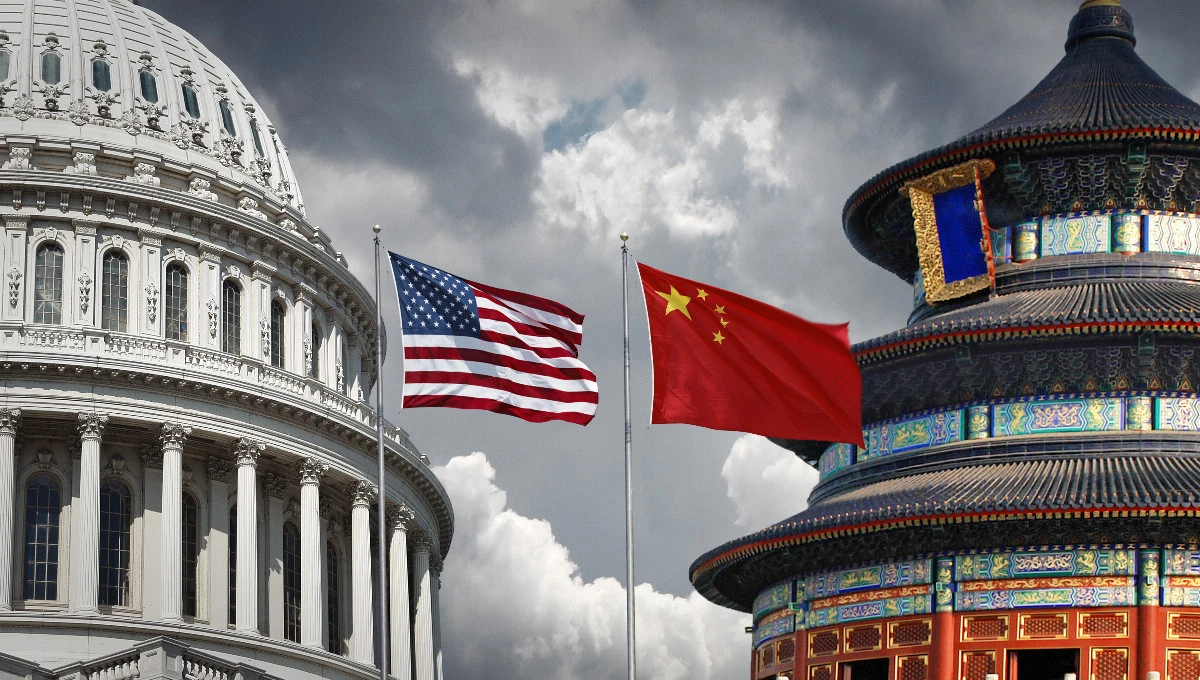
Last year brought intensifying rivalry between the two states. Since the spy balloon affair and Nancy Pelosi's visit to Taiwan, US-China relations have sunk to an all-time low. In the second half of 2023, however, Chinese-US relations showed signs of stabilisation with contacts at different levels – Joe Biden and Xi Jinping met at the APEC Summit in San Francisco in November – to the world's relief, as relations between the world's two largest economies are of global significance.
In the new year, it looks like China-US relations will continue to be bumpy despite signs of stabilisation. One of the main events of this year, the presidential election in the US, could add to the uncertainty. The election will likely be a rematch between Joe Biden and former President Donald Trump.
American politicians have a tradition of fuelling anti-China or anti-Russia sentiment during election campaigns; foreign powers usually are convenient scapegoats for many domestic problems. Republicans believe the Biden administration is not harsh enough toward China and are likely to hype China-related topics and stir up troubles, as a stable China-US relationship will benefit Biden's campaign, not theirs.
However, if Trump's isolationist instincts are real, that could de-escalate the dispute between the two powers. Trump is less of a fan of traditional American alliances, including NATO and some of the alliances in Asia. If a Trump administration were to mean a pullback from Asia, in this aspect, a return of Trump could be a geopolitical boon for international relations.

The US is attempting to maintain a dominant position in the Asia-Pacific region and globally, commanding its allies to suppress and exclude US-defined "competitors" and "rivals," this kind of outdated "Cold War-era perspective on the world order" brings division and undermines the stability of the region. The latest example of that is the recent escalation between China and the Philippines over the dispute in the South China Sea, which has a strong American influence.
The situation in Taiwan will also be decisive for the relations between Beijing and Washington, and the policies of the island's leadership after the January elections and the April inauguration will be particularly important.
Semiconductors and trade as well are going to remain key issues in the US-China rivalry. The United States is expected to beef up export controls designed to prevent China from getting its hands on the most advanced semiconductors. China sees this as an effort targeted at their development. One lever Beijing has is its dominant position as a supplier of rare earth metals needed for chip production. If the United States takes a tougher stance against China, Beijing will be forced to respond, and the world economy will really suffer from this clash.
The author is a foreign policy journalist